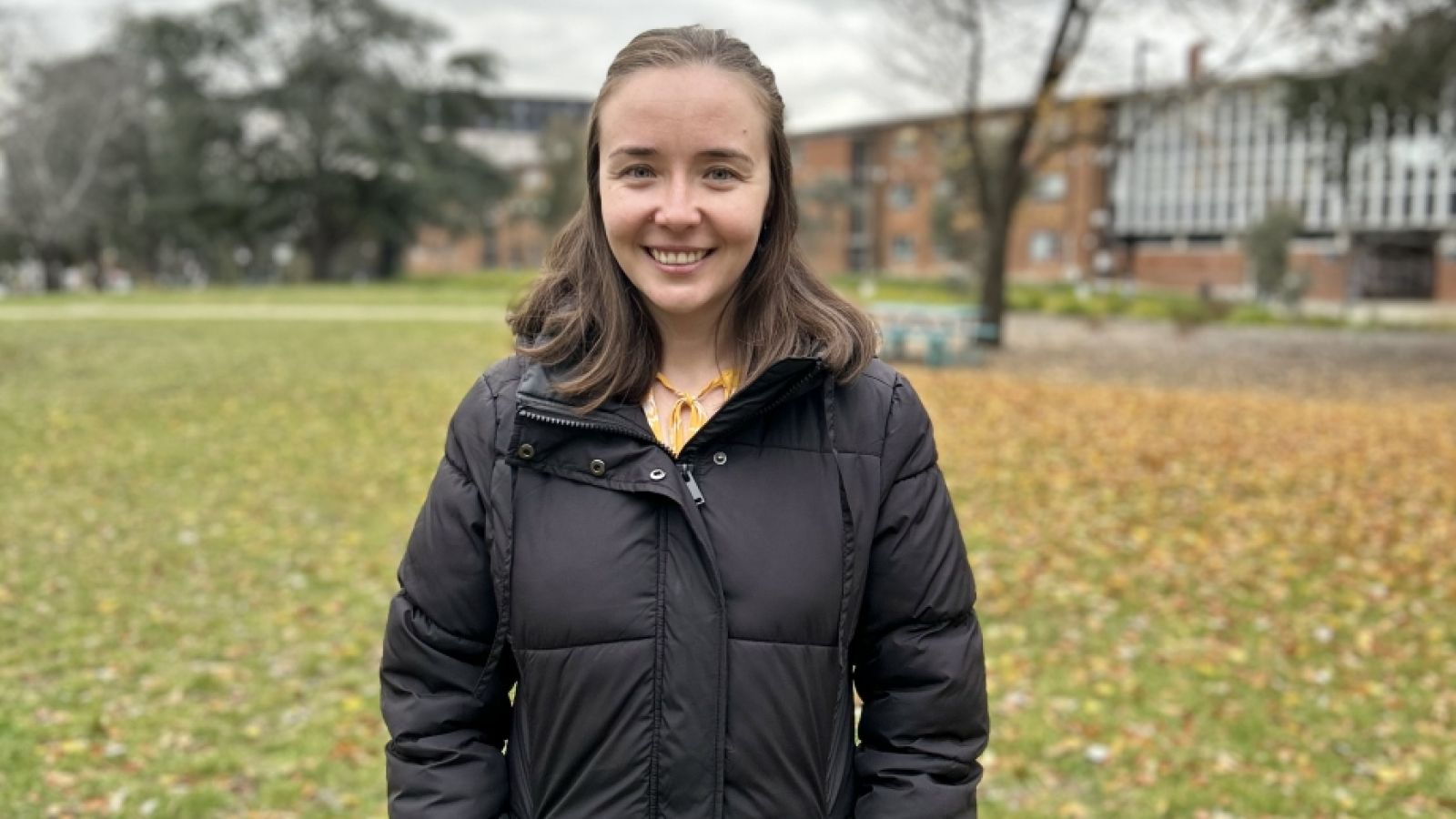Dr Petra Vaiglova shares her passion for archaeology

Dr Petra Vaiglova Photo by Neha Attre
Dr Petra Vaiglova is a new Lecturer in Archaeological Science at The Australian National University (ANU) and brings rich fieldwork and laboratory experience to the classroom. Before her role at ANU, she worked as a Postdoctoral Research Fellow at Washington University in St Louis (USA), University of Haifa (Israel/Palestine), University of Connecticut (USA), and Griffith University (Australia).
During her doctorate studies, Petra was a Clarendon Scholar at the University of Oxford and a Pre-doctoral Fellow at the Malcolm H. Wiener Laboratory for Archaeological Science at the American School of Classical Studies in Athens.
“I have worked on a number of projects that focused on different regions and time-periods, but what connects my work are the research questions: how people developed sustainable agricultural systems within past environments. I use chemical signatures and biomolecular analysis to answer those questions,” Dr Vaiglova said.
Dr Vaiglova specializes in the application of biomolecular techniques for understanding past diets and mobility patterns. She has collaborated on archaeological projects in Greece, Turkey, Israel/Palestine, Morocco, Syria, Iraq, and China.
“The scientific principles behind these techniques are grounded in biochemistry and geochemistry. We extract isotopic signatures from archaeological materials (like bone, teeth, and carbonized plant remains) and then use these signatures to infer specific aspects about human and animal diets and geographical mobility,” Dr Vaiglova said.
“In the future, I am planning to bring a larger focus to the non-utilitarian side of human-animal interactions. All those traditions and customs that had dictated how humans interacted with animals for ritual, symbolic, and other non-subsistence purposes. I want to know how we can use knowledge about the life histories of these animals to understand the scale and impact of human land use.”
Dr Vaiglova enjoys teaching in the classroom and encourages her students to delve deeper into the subject. She recommends the learning techniques mentioned in the book ‘Make It Stick: the science of successful learning’.
“The book offers techniques for being a productive learner drawn from discoveries in cognitive psychology. It suggests efficient and effective ways of learning and I am excited to use activities that draw on these techniques in the classroom,” Dr Vaiglova said.
Dr Vaiglova is a TEDx speaker too. You can watch her TEDxYouth talk on An archaeologist’s view: How connectivity drove our human pasthere.